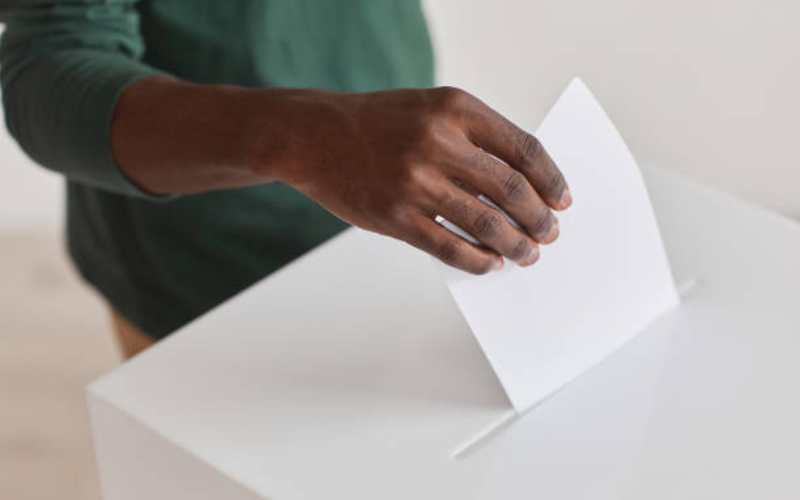
Registration of voters and maintenance of voters registers are key functions of the Independent Elections and Boundaries Commission (IEBC) under article 88(4) of the Constitution and the legislation. The right to vote and to be elected is also linked to the requirement that one must register as a voter.
But, does it have to be necessary for IEBC to register voters in order for them to vote? In our experience, registration of voters, cleaning and maintenance of voters registers are very costly exercises, taking a big chunk of IEBC’s budget. This is even before getting into the actual business of elections.